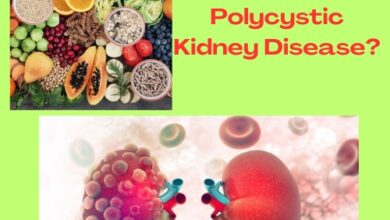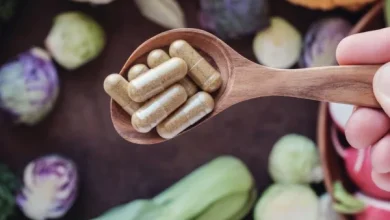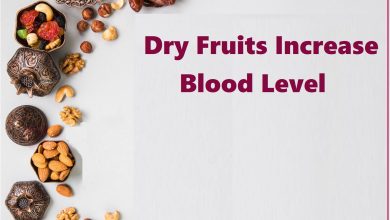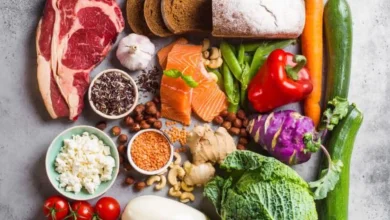A diet high in fruits and vegetables may reduce your heart and kidney disease risk, study
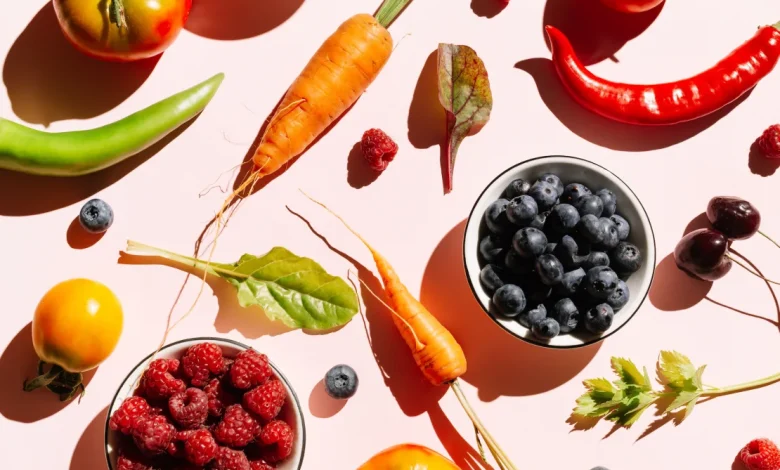
CNN — According to recent research, eating a few additional apples (as well as broccoli florets, cucumbers, bananas, or green beans) may really assist avoid seeing the doctor, especially for those with high blood pressure who are at risk for kidney and heart problems.
“Heart disease and kidney disease are the two main problems that patients with high blood pressure get,” stated Dr. Donald Wesson, the primary study investigator and professor of internal medicine at Dell Medical School at the University of Texas in Austin.
He explained, “The study tested whether or not reducing the amount of acid in our diet reduces the complications of high blood pressure related to heart disease and kidney disease.”
According to Wesson, eating animal products—most especially meat—tends to produce acid, whereas eating fruits and vegetables produces base.
In order to investigate the potential benefits of plants, 153 individuals with hypertension and a high risk of exacerbating chronic renal disease participated in a randomized control trial.
Three groups of participants were created: one group added two to four cups of fruits and vegetables to their diet, another received two daily doses of baking soda (four or five 650-milligram tablets), and a third group continued receiving regular medical care. According to the study, baking soda lowers acid.
Following five years of research, scientists discovered that while baking soda and a diet richer in plants both enhanced kidney health, only fruits and vegetables also improved heart health, according to Wesson.
He stated, “We came to the conclusion that a foundational component of our management of patients with high blood pressure or hypertension should be diets high in fruits and vegetables.”
The Paulette Goddard Professor Emerita of Nutrition, Food Studies, and Public Health at New York University, Dr. Marion Nestle, remarked that the study is simply the most recent in an expanding body of research about the advantages of plant-based diets for health. She did not participate in the study.
“This has long been known, but having fewer kidney diseases adds to the advantages,” she remarked.
Basic and acidic
Why should you stay away from acid? Wesson’s laboratory research focuses on how the kidney filters acid from blood and excretes it as urine.
He added that his lab team had demonstrated years before that an acid-producing diet was bad for animal kidneys and that a base-producing diet was good for kidney health. Subsequent studies on people produced findings that were comparable.
The issue is that most Americans consume far more acid-producing meat and animal products than they do whole fruits and vegetables, according to Wesson.
“Whether or not fruits and vegetables help patients with high blood pressure is not the real question going forward,” he stated. “The question is how to make most high blood pressure patients able to start and maintain such diets?”
How to get all your fruits and veggies
Wesson stated that eating a diet rich in fruits and vegetables is beneficial even for those without high blood pressure.
Four to five servings of fruits and vegetables per day are advised by the American Heart Association. An example of a serving might be five to eight broccoli florets, one banana, one cup of raw leafy greens, or four large strawberries.
Dietary Approaches to Stop Hypertension, or DASH diet, is very beneficial for heart health.
Four to six portions of vegetables and an additional four to six servings of fruit, three servings of whole-grain goods, two to four meals of dairy products that are fat-free or low-fat, and multiple servings of lean meats, nuts, seeds, and legumes are all included in the DASH meal plan.
Wesson stated that although dietary modifications can have a significant positive impact on health outcomes, they are rarely given priority.
“It has historically been quite difficult for patients to follow such diets in our society, when there is limited availability or limited attractiveness to fruits and vegetables in our diet,” he said.
The cardiologist, Dr. Andrew Freeman, suggests experimenting with your diet to address the restricted attractiveness. He did not participate in the study.
Fruits can be exceptionally sweet and tasty when they are in season. Additionally, Freeman, director of cardiovascular health and wellness at National Jewish Health in Denver, noted that dressing up veggies with seasonings and sauces, especially ones that have a connection to your ancestry, may be a fun way to give them taste.
As per Dr. Christopher Gardner, a research professor of medicine at the Stanford Prevention Research Center in California, “there is a growing (movement) in the culinary world with chefs and cooks placing more emphasis on making vegetables ‘unapologetically delicious’ (check out the Edgy Veggie Toolkit website at Stanford)” via email. Gardner, who oversees the Nutrition Studies Research Group at the institution, was not a part of the study.
“There are many easy ways to prepare vegetables that can make them more and more enjoyable to consume, rather than just raw or steamed,” he stated.
Managing chronic disease with nutrition
On the other hand, Wesson noted that fresh produce may not always be readily available in communities.
According to Wesson, medication intervention is still a crucial component in controlling high blood pressure, renal illness, and heart disease. According to this study, health systems ought to put much more effort into including diet in the treatment of chronic illnesses.
According to Nestle, “a predominantly plant-based diet, though not solely, is demonstrably associated with overall good health, reduced chronic disease prevalence — kidney disease included — and premature mortality.”

